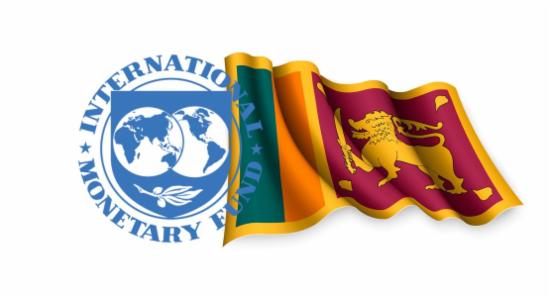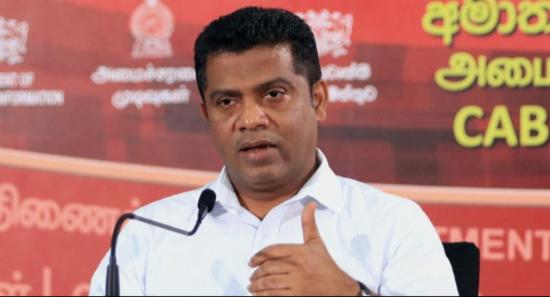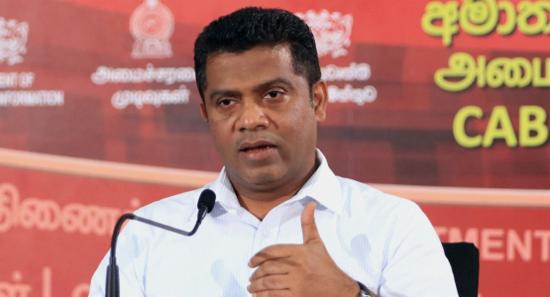.webp)
Whitewashing emergency power purchases of the CEB
COLOMBO (News 1st) - The National Economic Council, which was appointed on the orders of the President and convened for the first time on the 12th of September last year (2017), is an entity with a clearly defined purpose and responsibility. It is the Council's responsibility to make decisions that are necessary to strengthen the nation's economy.
If there happen to be top-tier bureaucrats such as Ministry Secretaries who are unaware of the purpose of this Council, or who, being aware of this purpose continue to act in ignorance of it, then such individuals cannot be considered suitable to hold their current positions.
On the 8th of August, through a letter addressed to the Secretary to the President, the Secretary of the Ministry of Power and Renewable Energy, Dr. Suren Batagoda has made a distasteful attempt to use the National Economic Council to commit an illegal act. Batagoda begins his letter by deceiving the Secretary to the President.
He informs the Secretary to the President that the Ceylon Electricity Board's power purchase agreements with three private companies had expired. He makes this claim 4 months after the CEB signed a 3-year power purchase agreement with one of these three companies, Ace Power Embilipitiya.
It is possible that Dr. Batagoda has sought to conceal this agreement from the Secretary to the President due to the illegal and roguish nature of the agreement.
When this agreement was brought up by journalists during a media briefing held on Wednesday, the Subject Minister requested that the media exercise caution when reporting on the issue. Scrutiny of the letter addressed by the Ministry Secretary to the Secretary to the President reveals that what the Minister may have meant by caution, was in fact concealment.
Given that the Ministry Secretary claims in his letter that a situation has arisen where the CEB is forced to purchase emergency power from the private sector, at a time when the CEB's Generation Planning Unit, which should be drawing such conclusions has not seen fit to do so, several questions need to be asked.
Has Dr. Batagoda portrayed this mythic demon of emergency power procurement because he wishes to whitewash the agreement that has been signed illegally? Is it because he wishes to pave the way for the signing of two more agreements? Or is Dr. Batagoda acting with such haste because he is nearing retirement?
Another such official who retired on the 16th of August, the Secretary to the Ministry of Rural Economic Affairs, saw fit to pay an advance to import 15,000 pregnant cows from Australia, dispite the funds not being allocated by the budget.
Since the CEB Act itself, details a procedure for the procurement of emergency power, which requires the authorisation of the Public Utilities Commission of Sri Lanka, shouldn't the cancellation of the illegal agreement entered into by the CEB to purchase emergency power in violation of this procedure, be a priority for the National Economic Council?
Members of the National Economic Council - Over to you
Other Articles
Featured News





.png )
-722882-789386_850x460-789599_550x300.jpg)






-789357_550x300.jpg)
-788581_550x300.jpg)



















.gif)